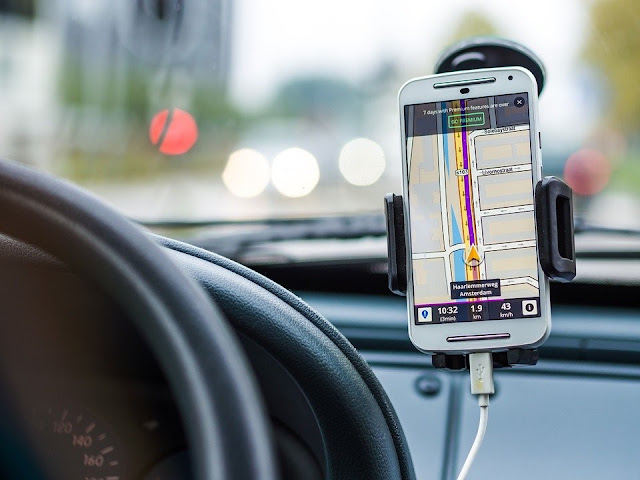The Collaboration of Cars and Phones to Protect Data
Apart from striking everyone, COVID-19 also hit hard the automotive sector. However, the recent news state that this sector is about to bounce back.
The linked vehicle market is a crucial element of this, and there’s an estimation of growth reaching 270% by 2022. The arrival of 5G further accelerates this growth with the piercing of linked cars in leading European countries.
More so, approximately 96% of new vehicles dispatched globally will have in-built connectivity by 2030. According to market research, this is also making the industry look forward to a double increase from 2020.
What’s causing this?
There’s a different approach to how people are selecting and buying cars. Conventionally consumers found attraction in the aesthetics and performance, but currently, they are drawing closer to entertainment, in-built services, and security features.
Also, the enthusiasm around fascinating accessories is often from improved convenience for users. This becomes a significant cause for missing vital issues such as digital security when supporting everything.
Lately, there has been a solid flow of announcements of tactical partnerships with car manufacturers and mobile OEMs. Such partnerships provide phone-controlled digital car keys and charting plans for the growth of in-vehicle payment systems.
The arrival of the 5G era is exciting to everyone and is likely to rush these developments as automotive manufacturers pursue to improve the experiences inside the vehicle. However, the bitter truth is that to prosper in 2021, linked vehicle innovations must pay attention to providing strong cyber safety to evade any cyber miscalculation. The miscalculation tends to lead to lasting or irreparable brand damage components of other manufacturers.
Security Anxieties
Remarkably, the ‘smart’ car keys have no security challenges, leading to a better concentration on the mobile app-based digital car keys, ensuring the skill to open, start, or even send for the car via a mobile phone.
The leading concern that can arise from this invention is the formation of new attack routes that can call on hackers. Consequently, most hackers have the broad mobile experience to breach vehicle systems and gain illegal entry.
Even though there are challenging ethics for the Digital Car Key experience, some mobile-to-vehicle practices do not cover proper cybersecurity requests. This can be unclear for customers, who will not understand that each experience has a different protection rate, with one being more than the other.
Therefore, car manufacturers must balance between offering different convincing mobile elements against the danger of leaving the open the door to attack. Presently friendly apps are regularly contracted out, with security having a reduced consideration. Progressively, it would be best to be a manufacturer’s core platform considering the general cybersecurity construction.
The payment system is also a developing security issue. There’s the anticipation of intense growth in this sector with OEM advances in collaboration with MasterCard and Visa to boost the customer experience significantly.
As a result, vehicles will begin to store sensitive data like usernames and passwords, and credit card permits. Therefore it would help to ensure personal and financial data stays fully secure.
People can only sit back and relax, waiting for more of what the future holds.





Comments
Post a Comment